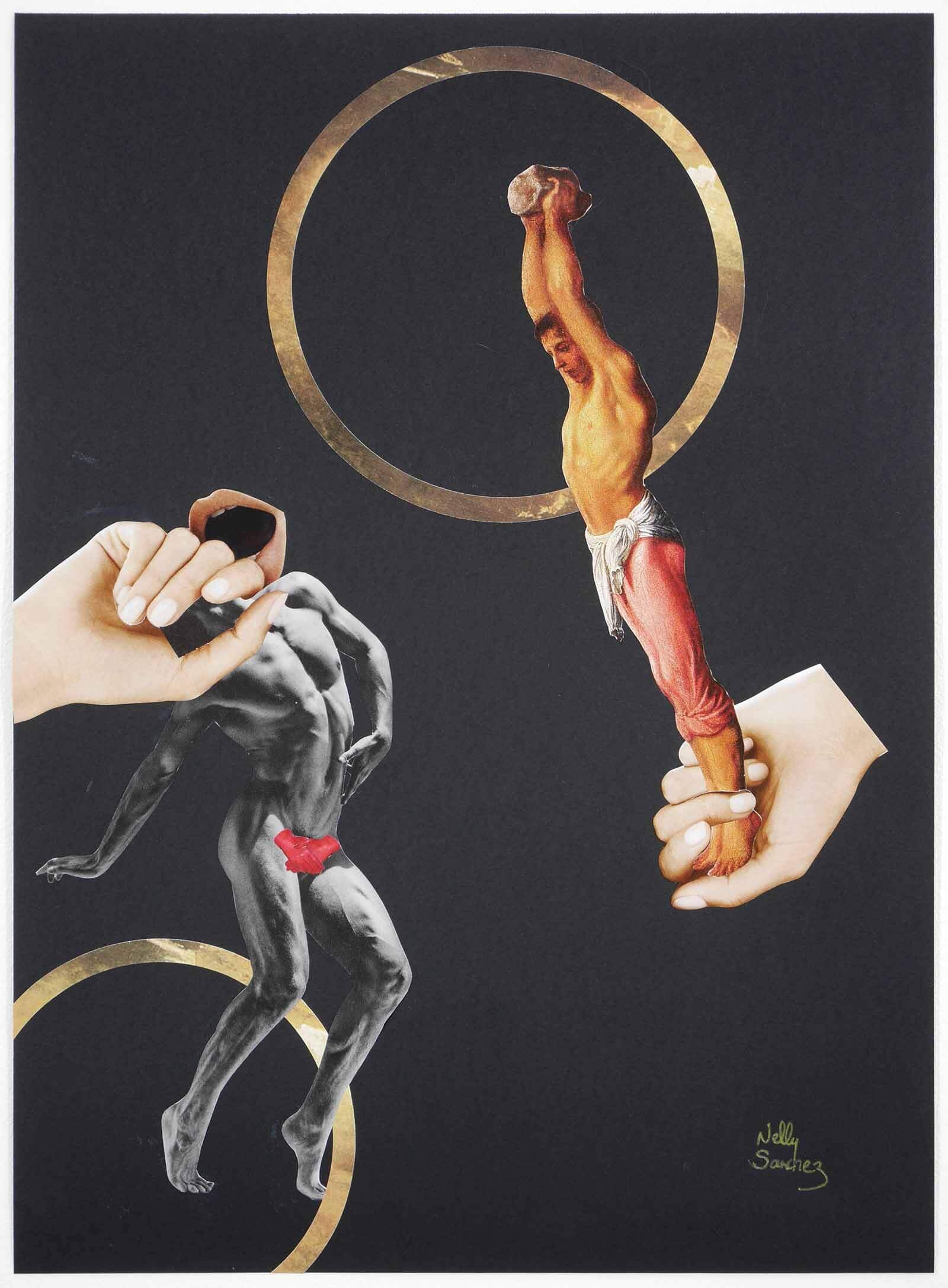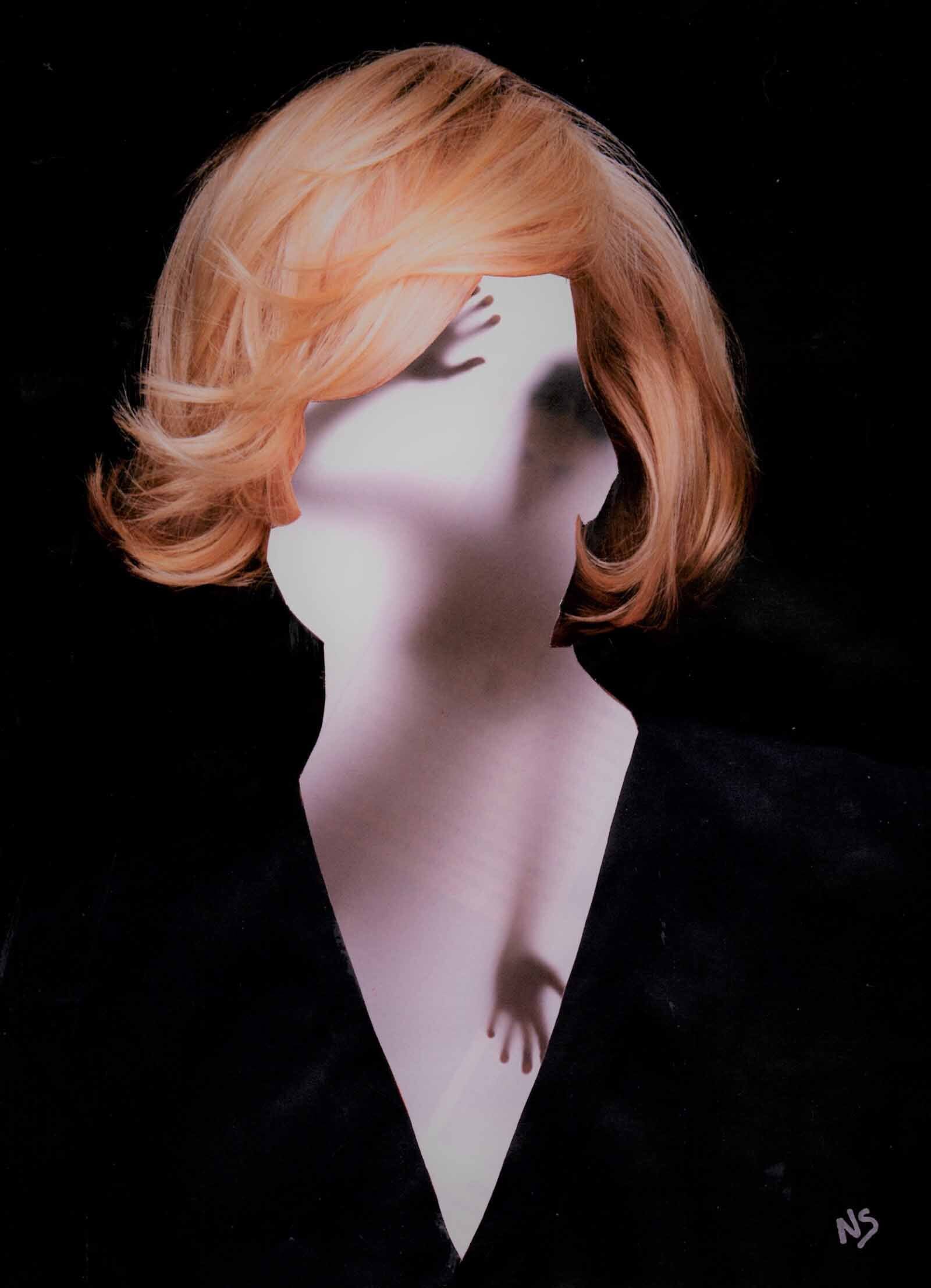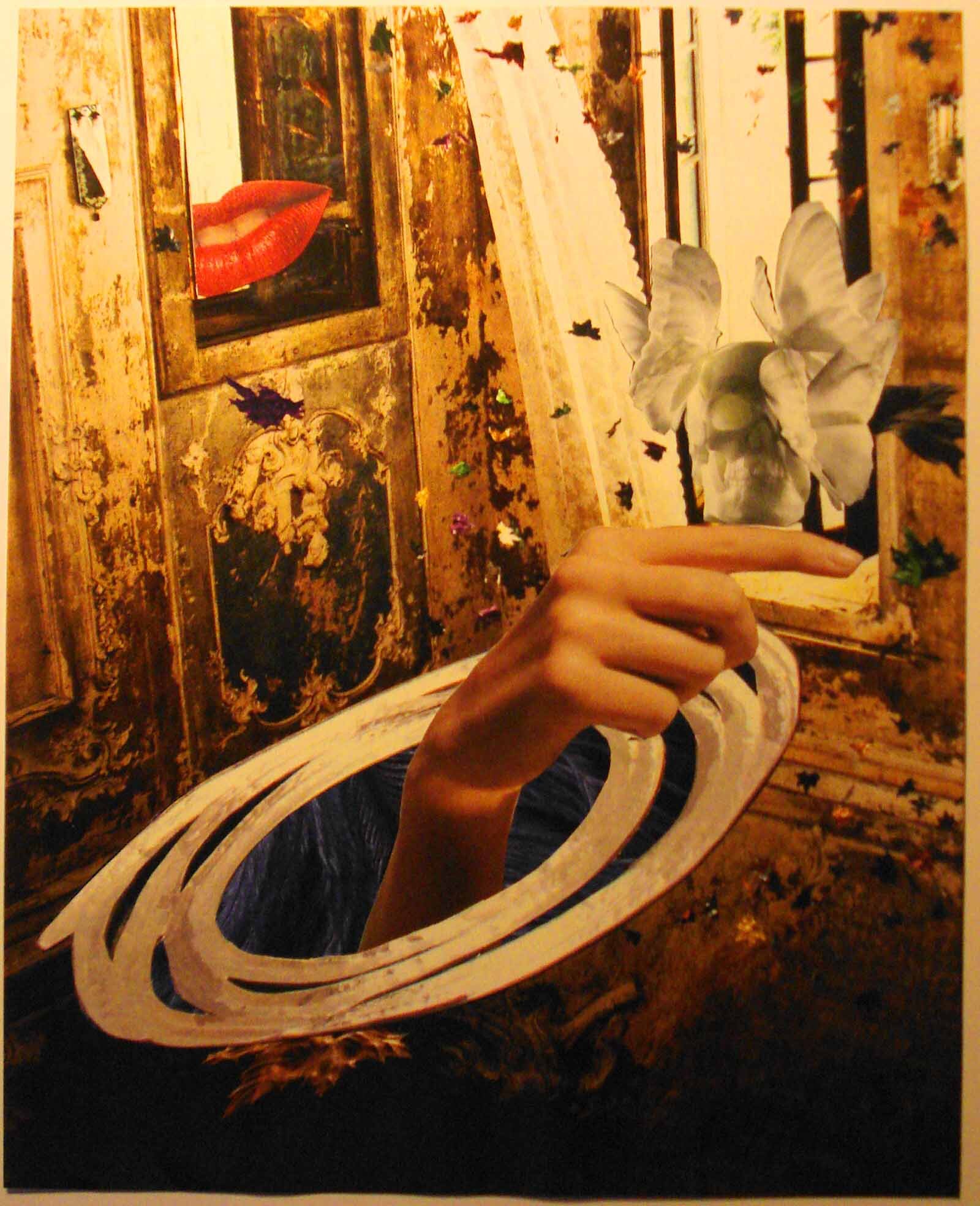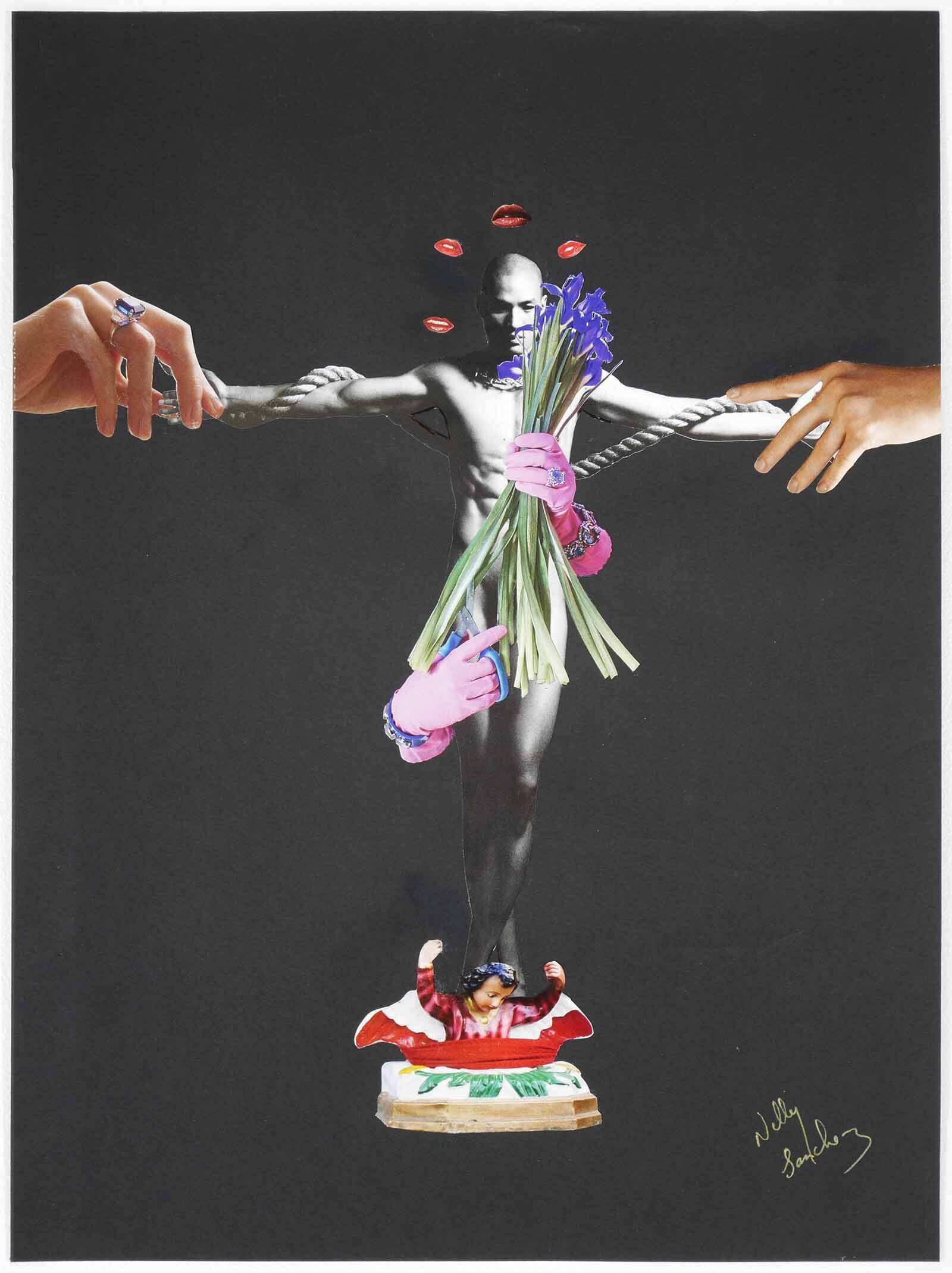“Something / Sacred Something Wholly / Mundane”: A Review of Joshua McKinney’s Small Sillion
A collection shot through with humble devotion to the momentary and transient, Small Sillion, (Pallor Press/ Free Verse Editions 2019) Joshua McKinney’s fourth collection of poems, traces the furrows of experience at the boundaries of language, recovering and ultimately uncovering space for the transcendent in this secular world. This uncovering is rooted in the open-field system of agriculture prevalent in much of Europe through the Middle Ages and into the 20th century, where the large fields where divided into many narrow strips of land, or selions, cultivated by serfs. The selion, as nonce-word, discovering its Old French origin in sillon, that distinctive ridge and furrow pattern of open-field agriculture, becomes the sillion of Hopkins’ “shéer plód makes plough down sillion / Shine,” which opens the collection. The agricultural and linguistic dredging situates the furrows of McKinney in the sacredness of even the most mundane act, the most basic cultivation, the “No wonder of it:” as language, act, perception, and ultimately being, point beyond themselves. This devotional articulation, this attuned description of language’s consequent incompatibility with experience and the graceful, combined with the humble, and human willingness in McKinney to keep engaging and encountering, is the substance of this collection. With hands full of the fertile soil upturned and uncovered by the plough, the poet in Small Sillion unearths the furrows, the language of a land now fallen mute.
This unearthing through attendance to the origins, the furrows through language’s first cause, is a moral act for the poet, as in the opening poem, the soft “Hum,” where through the monosyllabic and heavily alliterated language there is an uncovering not only of the description of what comes across as a hummingbird startling the speaker into his own being-as-apart-from, but also the origins of English poetry as Anglo-Saxon alliterative verse, a rooting in origins;
When I smelled green through the blur
where its wings were, felt
the whir of their arc, heard the red
of its ruby throat-scales, tasted the dart of its forked tongue
afloat in the foxglove—my only desire was
to tell you. (7)
As the poem moves through the speaker’s attempts to call to the lyrical you, and finds that his language is “rote, broken,” unable to grasp and articulate the bird’s presence and the transcendent experience of it, an opening occurs where the syllables become heavier marking the boundary between the speaker and the world. The poem flashes back into the close and grounding monosyllabic sequence at its conclusion as the moral imperative is established in what can only be read as the aesthetic thrust that becomes the rest of the collection;
It was then I knew my exile’s full extent.
The phenomenon of pungent sound is brighter—
sheer iridescent now there then—
than the hours of thought without flesh. Once, to be
at one meant to act, so I have tried to make this
matter. (7)
McKinney does make it matter throughout this collection. Oftentimes we see the speaker confronted with his own failed attempts to try to understand the beauty of the natural world around him and his willingness to acknowledge that it is in him where the beauty is distorted and denuded and not in the world. Another bird enters the collection, this time a scrub jay, in “The Understanding,” to proclaim something that the speaker has forgotten “something / sacred something wholly / mundane,” (14). The mundane, the collection reminds us, in it’s etymological origin, speaks of the ‘earthy, terrestrial,’ the locale where the poet is “a dweller in the earthly world” (31). As such a denizen, the poet seeks to recover the obsolete syllable, and finds another first cause echoing in the jay’s song;
If all that I can understand were all there is…
but no the jay is otherwise
a something I cannot translate or touch.
What won’t suffice
must and that fact draws me to my desk
each morning
where distracted by the racket outside
my understanding
damned
within the limit of this language
I rejoice in its failing
in the mind’s grateful
graceful sense of boundary—
the faith
that I am favored with
such bounty. (15)
“The Understanding” echoes, while reversing the last stanza of Pound’s “To-Em-Mei’s ‘The Unmoving Cloud,’” as here it is not the bird, but the speaker who laments the limits of his understanding, even while acknowledging that estrangement is not something to condemn. In the estrangement is the cause to “rejoice” of the naturalism of the mind’s engagement with the world. For McKinney, this is not a problem of idealism; it is rather, a simple recognition of the limits of this earthly world, our being in it, and the acceptance that comes through “the faith / that I am favored with / such bounty,” in the scrub jay’s song beyond our attempts to define.
Language’s failing and the transcendent experience accompanying it are not the only celebratory failures in this collection. The foregrounding of perception’s first articulation and its collapse mirrors the heavily enjambed lines of “The river was,” where our perception is continually stifled with each line break, where attention’s grab toward meaning is temporary before we are thrust “into the doctrine / of a moment only” (24). The poem begins with the enjambed title “The river was” continuing into the first lines “green expect / where it was silver I drove / above it wondering,” (24). The perception’s collapse of color foregrounds “the failure / of memory” in trying to remember an all too familiar river’s name and the accompanying shift of attention as the speaker holds his lover’s hand, the physical touch displacing memories lapse, one moment’s perception shifting into another. The poem reaches its ecstatic crescendo through another origin, the plough’s furrow ridging an exclamation of poetic diction in “O,” struck from the English canon since Wordsworth’s democratic purification and since, especially in the 20th century, used often as an ironic nod. Here, however, it is not drained of its emotional gravity as the poem illuminates how wrong the speaker’s first impression was by rephrasing its opening lines,
O
my love my driving
eyes the river
is green
except where it is
silver
and it is silver
everywhere (24)
Perception’s slippage does not just lend itself to the meditative lyric in McKinney, as in “Another Day in the Perishing Republic” where the first impression leads to a humorous conclusion. The title hides in plain sight setting up the poem like any other lyric with a nod to the seemingly forgotten, the furrows ridge again uncovering, Robinson Jeffers. The poem opens in a mode McKinney is very comfortable in, wonderment at the world where “the lowering sun / hung in the pine tops” and “the very air / shone gold” (34) as the speaker goes out for an afternoon jog. He sees someone in the distance who he believes is dancing because they are sharing the same transcendent experience of world, “I thought it joy, / or perhaps awe / at the same light I had seen” (34). After having finished what appeared to be dancing, he turns, waves, and drives off, and the speaker thinks, “and all was good,” however when he reaches the spot that the man had just left he realizes that he wasn’t dancing, tragically he finds “a king snake / he had stomped to death” (35). McKinney is adept at this leading, this perception shifting, throughout the collection where poem after poem unmakes its own origin, unearths its own facts, sometimes absurdly as in “Another Day in the Perishing Republic” but more often than not uncovering the limits and boundaries of our all too human experience.
It is in this human experience that McKinney’s poetry in Small Sillion shines through the freshly upturned furrows of the rich loam of language. These are the poems of moments, that not only express, but actually become, the life well lived; what the wind can teach the poet, the sight of deer’s eyes in a dark field, the experience of reading his students’ poems, or the silence of an immense mountain demanding to be read. All this has become the site for the transcendent, the heavy weight of a little act faithfully paid attention to. It is ultimately this act of attention raised to an art that flashes through these poems, in each instance a rendering, spiritually lifting the mundane into the sacred. Joshua McKinney’s newest collection becomes a transcendent experience itself, and you must experience it.






















